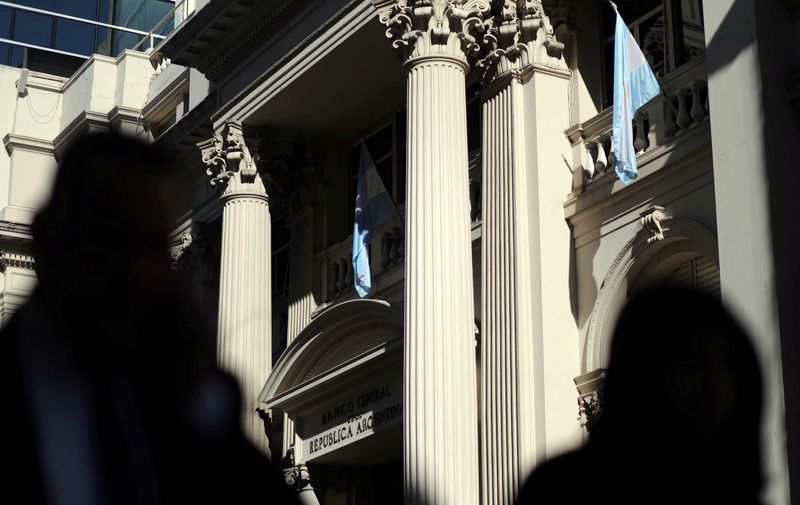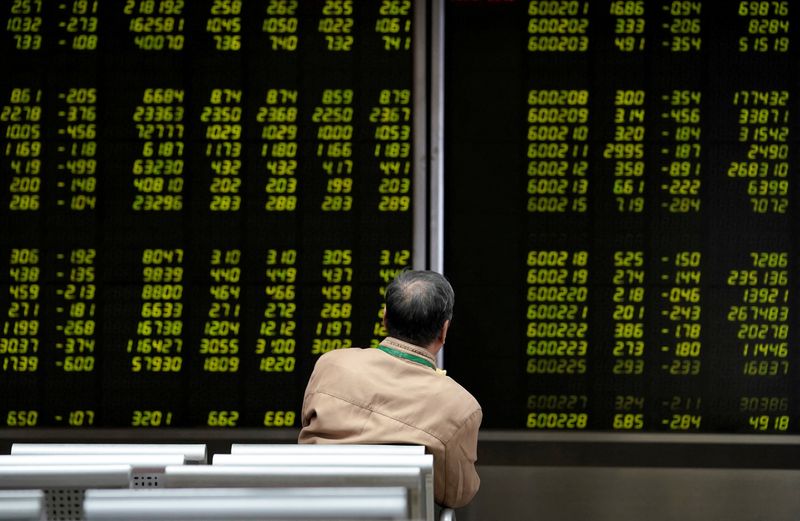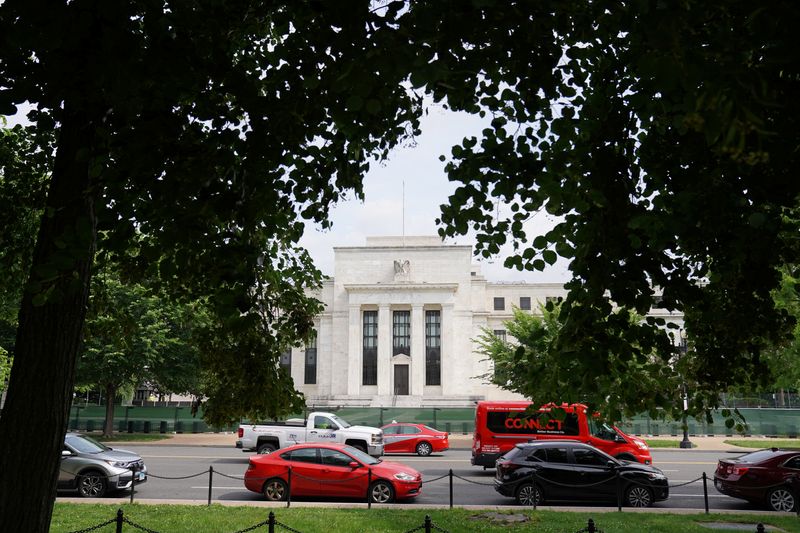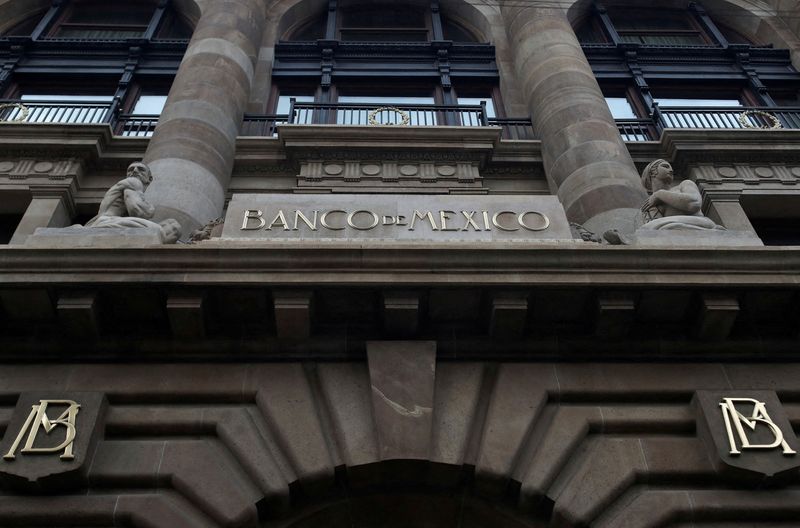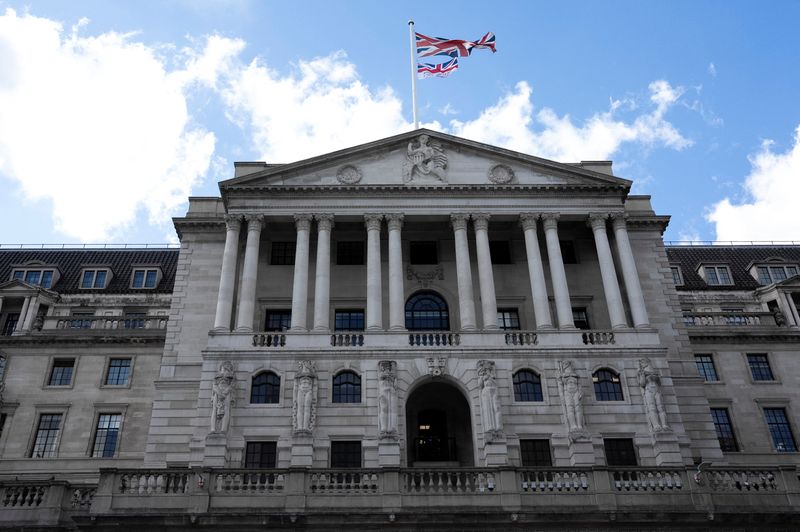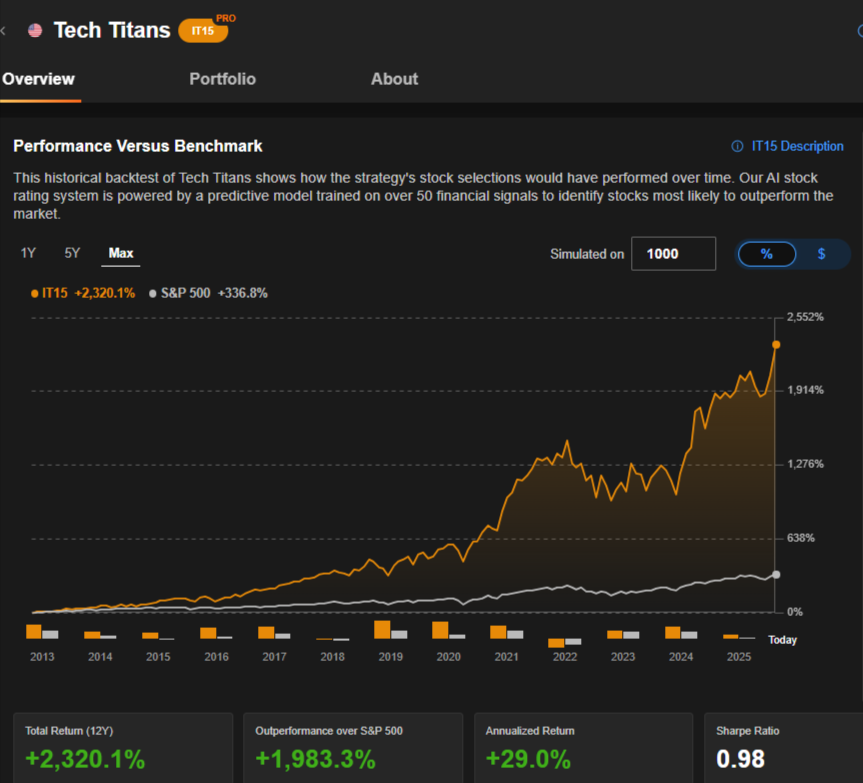Morning Bid: Central bank bonanza
NeutralFinancial Markets
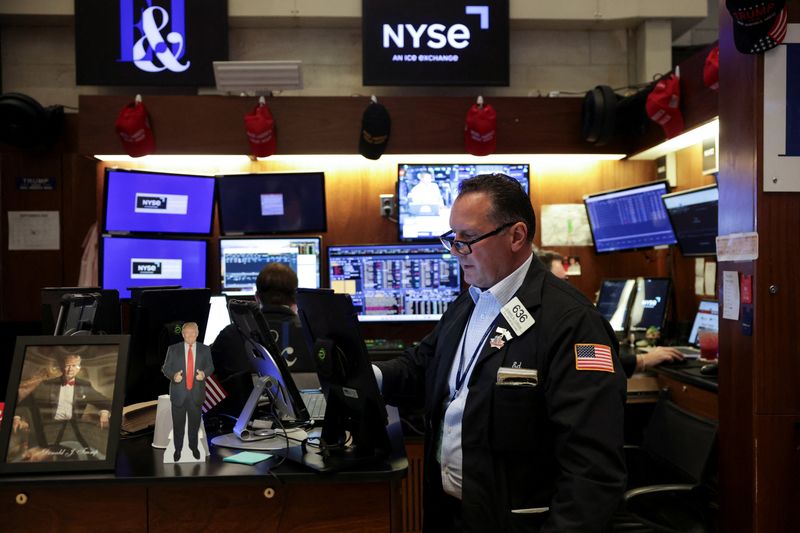
This morning, the financial world is buzzing with news from various central banks as they announce their latest monetary policies. These decisions are crucial as they directly impact interest rates and inflation, shaping the economic landscape. Investors and analysts are keenly observing these developments, as they can influence market trends and economic stability.
— Curated by the World Pulse Now AI Editorial System

